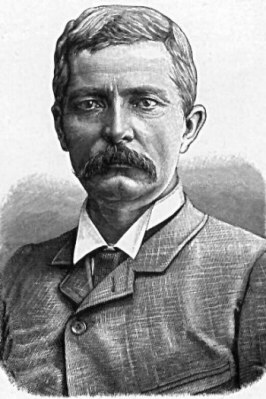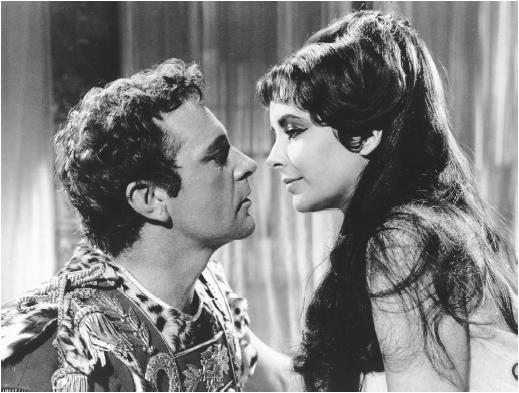
In King Leopold's Ghost, Adam Hochschild points out that when Francis Ford Coppola desired to make a film showing the brutal insanity of the Vietnam War, he turned to Joseph Conrad's Heart of Darkness, and adapted it into the film Apocalypse Now. After reading the book and watching the film, it seems to me that the most important themes are of mystery and fear: fear of the mysterious and the moral lapses into violence that result from that fear. Conrad's is a tale of tragic inevitability in which the clashing cultures are both compelled and repelled by one another.
Marlow's journey up the Congo to find the missing Kurtz (shades of Stanley and Livingstone!) initiates a serious-minded meditation on the moral degradation that Conrad witnessed in the Belgian Congo, although several scenes in the novella can be read as darkly comic in the twisted reality they present. The native Africans were neither understood nor regarded as fully human, and therefore the wanton destruction of their lives was legitimized.
Of course, the practice in warfare of viewing an enemy as inherently "other" is a well established and effective one. The primary concern becomes one not of universal humanity or even ideals, but simple "pacification." Capt. Kilgore's famous speech in Apocalypse Now illustrates the process of transforming human lives into obstacles to achieving an objective:
You smell that? Do you smell that? Napalm, son. Nothing else in the world smells like that. I love the smell of napalm in the morning. You know, one we had a hill bombed for twelve hours. When it was all over I walked up. We didn't find one of 'em, not one stinkin' dink body. The smell, you know, that gasoline smell, the whole hill. It smelled like...victory.
In this same way, Conrad shows us how the rush (or "scramble," if you will) for resources, labor, and profit in Africa facilitated the degradation of civilized morality, both of the Europeans and the Africans. The moral restraints were weakened, and Kurtz is the culmination of that process. His assumption of control over a tribe of Africans and his depraved behavior is manifest evidence of the nadir of a society, and the slowing of "progress" to a standstill, if not a reversal of its course.

















